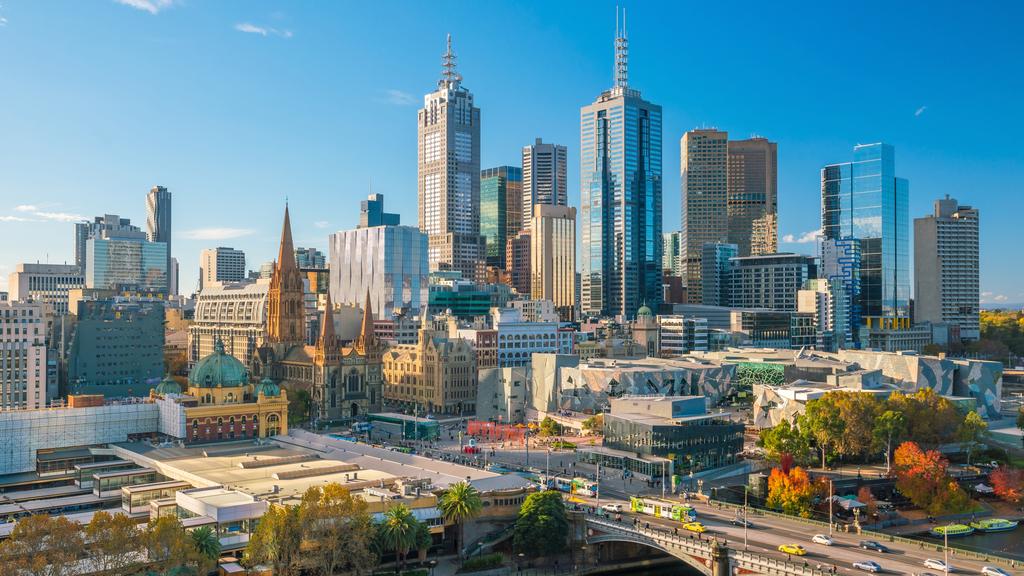Buying a home is an interesting experience! It is often a learning process for those involved. Following this advice can help you make a good choice; one that you and your family are happy with.
Research
There is plenty of marketing out there about homes, but you need to conduct your own research too. What is the going price of a home the size you want, and in the location you are interested in? What is the economy offering in terms of interest rates for someone with your credit rating? Think about access to core locations such as your job, parks, and schools from where you would be living. You should also look into the crime data for that area.
Culture and Diversity
You want to be happy about your surroundings, but they are often overlooked when it comes to buying a home. Find out what you can about the culture and the level of diversity offered in a given location. It may be an opportunity for you to grow and to learn. It can be a place where you meet new people and create lifelong friendships. Spend some time walking or shopping in that area to get a feel about the people. If you don’t think it is going to be a good fit, trust your instincts. You aren’t going to be inside your home all the time. Go for a walk around the neighbourhood and talk to people. Do they seem to be friendly? Ask them how long they have lived there and what they like most about the area.
Commute may be Worth it
Prime areas can end up being far more expensive to buy a home in. They are in demand so the prices soar. Don’t settle for a home that isn’t large enough or doesn’t offer you everything you need. You may wish to consider surrounding areas and what they offer. Sometimes, a commute of 20 minutes or so can help you to buy far more. The commute may be worth it to stretch your money and make a good investment.
Inspecting Homes
Narrow down the possibilities and focus on the quality options. Plan a time to inspect a home that meets your needs and price range. Look for anything that doesn’t seem right. Investigate the areas of the home and look for potential problems. Vendors are going to lengths to make their home look the best it can. Don’t be so in awe of it that you miss problematic areas.



